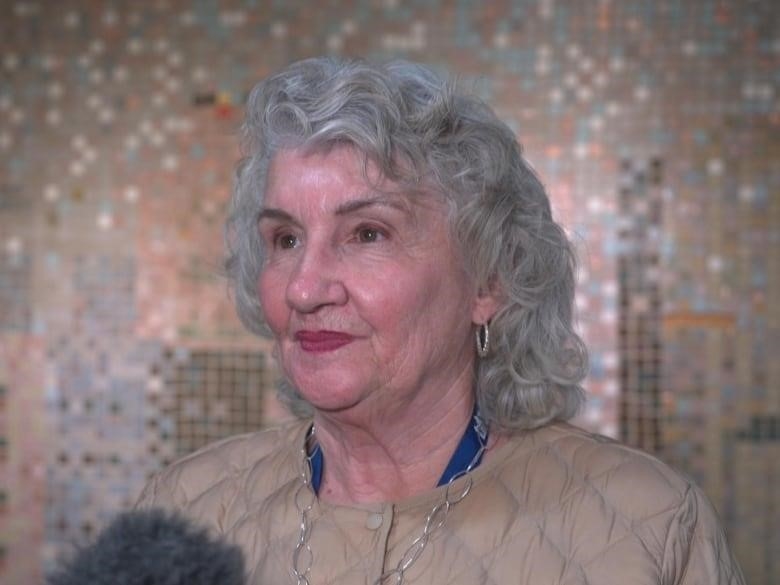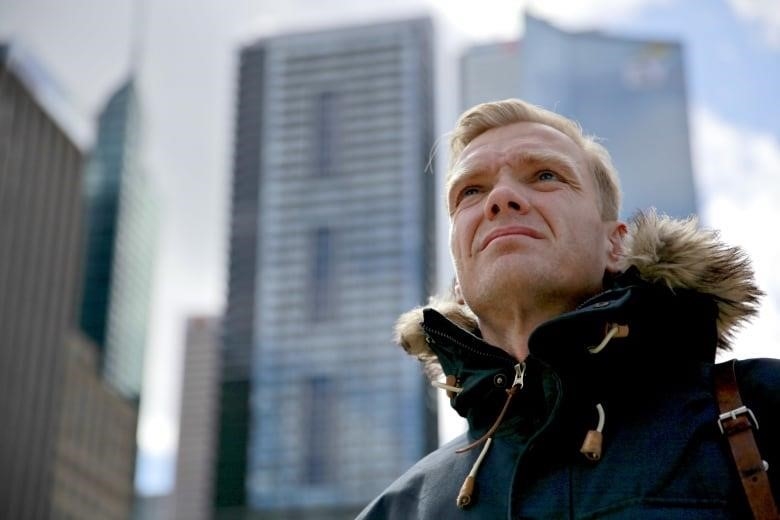The city of Toronto says that a review to stop illegal “ghost hotels” will help the rental market there
After a city audit, hundreds of people who rented rooms or homes on Airbnb in Toronto were kicked off the platform. Some said they were kicked off because of small mistakes that cost them thousands of dollars in bookings.
The City of Toronto confirmed that about 300 people have been removed from the home-sharing website Airbnb because of a recent audit of the city’s Airbnb registrations. It said that 700 listings in the city were taken down.
The city checks registrations every so often to cut down on so-called “ghost hotels.” These are illegal rentals that aren’t owned by the person renting them out. They are usually managed by a company and sometimes advertised with fake “host” profiles.
But some legitimate Airbnb hosts, like Jennifer Trant and Daniel Kaplan, are upset about the latest clean-up. Trant’s Beaches apartment was taken off the platform earlier this month, and she said that a city council member helped her get it back on the platform last week.
She said of the audit, “It’s like you have no warning and no way to fight back. It’s totally arbitrary and you’re guilty until proven innocent.”
“And that is not right. This is not how our city should be run.”
Trant just retired and is spending several months away from her home in Toronto while she travels. She has been registered with the city’s Airbnb regulatory system for years. She said that two small differences between her profile on the platform and the city’s record of her registration led to her delisting and the cancellation of $11,000 worth of bookings.
The city said that a listing could be “flagged and removed” if the information from Airbnb doesn’t match their information “exactly.”
Information in the wrong online fields led to delisting
After her apartment was taken away, city workers told Trant that one piece of information she put in her online registration was in the wrong field. She was also told that in another field, instead of writing the full word “Avenue,” she must use the abbreviation “Ave.”
“I don’t think anyone really thinks about how much this will cost,” she said.
“Because it’s not just my time or their time. But the amount of time that city workers have spent on this is just crazy. And it has nothing to do with the problem at all.”
It has nothing to do with the problem at all.– Jennifer Trant, Airbnb host
Trant said that the city didn’t check in with her about the problems, but instead removed her home from the service, which forced Airbnb to cancel the bookings.
Daniel Kaplan, a friend of Trant’s who helps her Airbnb guests when she’s not around, said the situation has been stressful. He said that they have talked to other Airbnb users in the city who have had the same thing happen.
“This is sometimes the difference between your unit being 2 or 02,” he said. “This audit can happen because of some very small, complicated differences, and it happens in a very clumsy way.”
In December, the city told Airbnb users that their registrations would be checked to make sure their names and addresses were the same as what the website said they were. In a statement, it said that its Airbnb audits are meant to help protect the rental stock in Toronto.

“Operators who are upset about being flagged by these compliance audits may see these as small problems, but missing, incomplete, or wrong information keeps the city from validating registration status and short-term rental activity in Toronto,” the city said in a statement.
City says it told people to expect stricter rules
The city said that in previous rounds of compliance audits, listings with small mistakes were not taken down and the owners were told about the problem.
“Lists of operators who didn’t follow the law were taken down in this round,” the document said.
Airbnb said it understands how upset its hosts and guests are and is doing what it can to help those who are hurt by the city audit.
Nathan Rotman, Airbnb’s regional lead for the U.S. Northeast and Canada, said in a statement, “The City of Toronto is enforcing against legitimate, licensed hosts for things like minor name and address discrepancies, forcing cancellations and unfairly punishing responsible Airbnb hosts and their guests.”

Coun. Paula Fletcher (Ward 14, Toronto-Danforth) helped Trant get her listing on the platform back, and she doesn’t like how these audits are done. She said that the city should go after people who don’t register at all, not Torontonians who try to follow the rules.
“There were 16,000 apartments on Airbnb before we set up our system,” she said. “Now we’re down to 4,000. So, 12,000 have moved to a different place. Where are they is my main worry. And how do they get around the rules of the city?”
Advocate says the city must work with hosts who try to follow the rules
Thorben Wieditz of the advocacy group Fairbnb said that the city’s work to regulate short-term rentals is very important to stop people from cheating the system.
But, he said, the city needs to work with hosts who are trying to follow the law and not make them mad by punishing them for small mistakes.
“We’ve seen people put in random numbers and duplicate permit numbers,” he said. “And people have tried to get around the rules of the city.”
Wieditz said that there are bound to be bumps in the process of regulating, but he warns against weakening the rules. It makes sure that rental units, which are badly needed to help solve Toronto’s housing affordability crisis, are on the market, he said.
“Everyone knows it’s very hard to find affordable housing units that are also available in the city,” he said. “And the city’s short-term rental rules are set up to make sure that tenants, renters, and homeowners in the City of Toronto have access to as many housing units as possible.”
